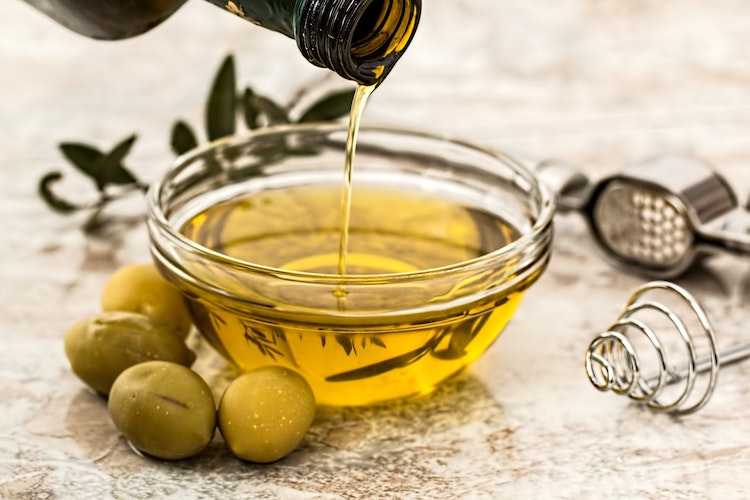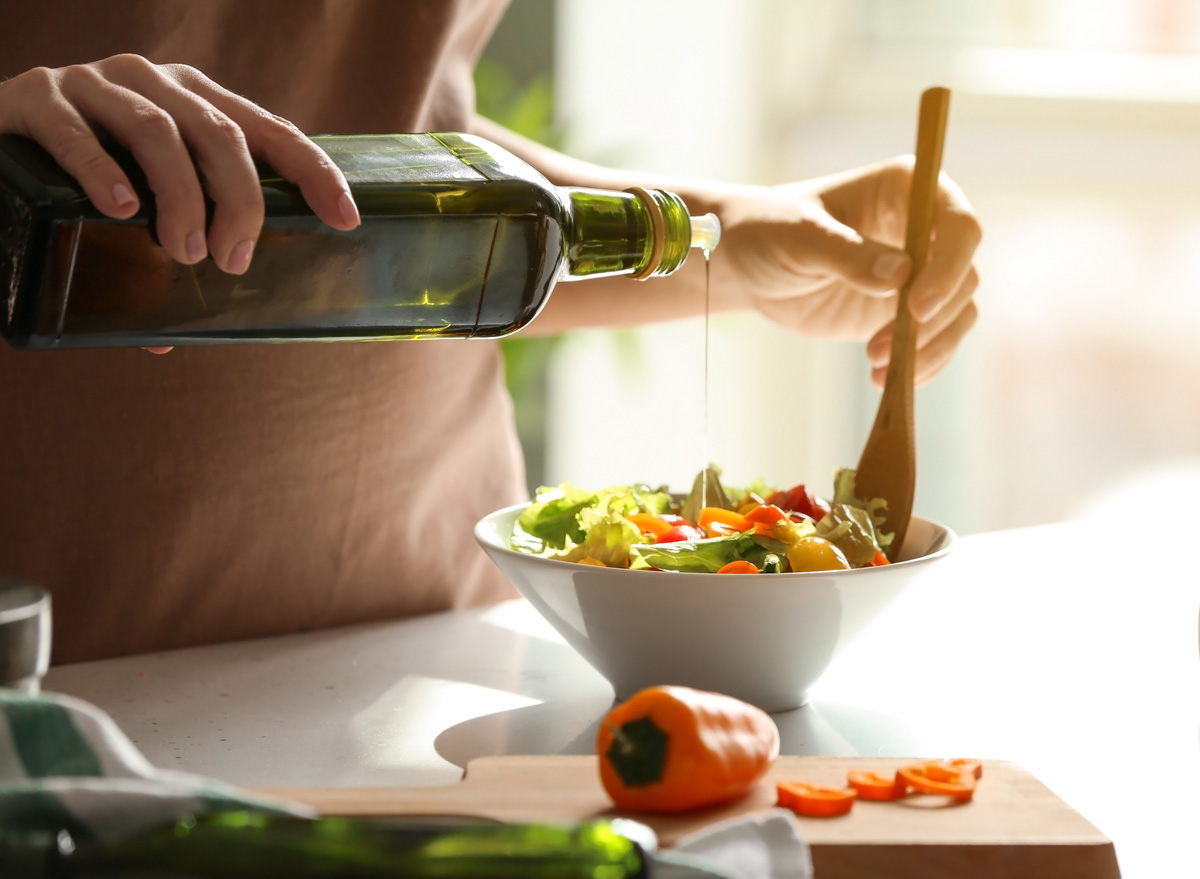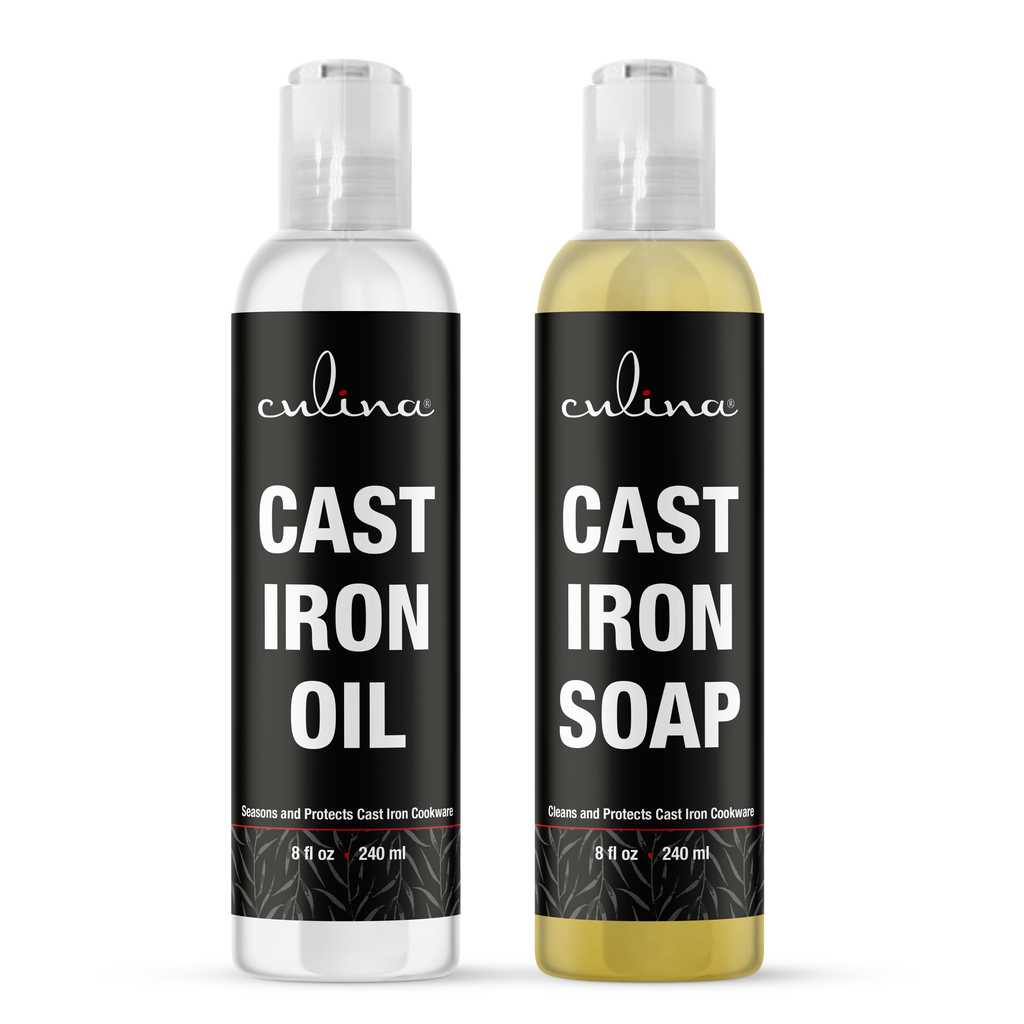Does Olive Oil Become Toxic When Heated? The Truth Revealed
As a beautician, you may already know the plethora of benefits that olive oil brings to the table, both for cooking and skincare. However, a common concern arises: does olive oil become toxic when heated? It's vital to address these concerns, especially considering how beauticians often promote natural oils in their routines. In this article, we will thoroughly explore the properties of olive oil, its heating dynamics, and whether it remains safe for use.
Olive oil has been a staple in a lot of Mediterranean diets and beauty regimes for centuries. Its rich source of fatty acids and antioxidants makes it a favored choice. However, the debate about the safety of heating olive oil continues to puzzle many, including professionals in the beauty industry. We will unpack this topic in detail.

The Composition of Olive Oil
Before we can answer whether olive oil becomes toxic when heated, we need to understand what it consists of. Olive oil is primarily composed of monounsaturated fats, which are beneficial for heart health. Additionally, it contains several antioxidants, such as vitamin E and polyphenols, which contribute to its anti-inflammatory properties. To get a better understanding of why cooking oils behave the way they do, you can check this article on vegetable oil composition.

Can Olive Oil Be Heated?
Yes, olive oil can be heated, but it is crucial to be aware of the temperature at which it is heated. Different oils have different smoke pointsthe temperature at which they start to smoke and break down. For olive oil, the smoke point ranges between 320F and 410F, depending on its quality and purity. High-quality extra virgin olive oil tends to have a lower smoke point compared to refined olive oil.
What Happens When Olive Oil Is Heated?
When olive oil is heated beyond its smoke point, it begins to break down the fatty acids and vital nutrients. This process produces harmful compounds, which can lead to a loss of flavor and nutritional value. Moreover, some studies suggest that these compounds could be toxic when consumed. Therefore, as a beautician, it is critical that you understand which types of olive oil are best suited for various cooking methods, such as frying or sauting.
Healthy Ways to Use Olive Oil
Incorporating olive oil into your cooking can be beneficial as long as you pay attention to its smoke point. Its advisable to opt for lower-heat cooking methods like roasting or drizzling over meals after cooking.
For other interesting insights, you may want to check out why you shouldnt cook with olive oil by reading this insightful article about it at why olive oil should not be cooked.

What to Keep in Mind?
Here are some important points to consider:
- Using high-quality olive oil can lower the chances of toxic compounds forming.
- Dont heat olive oil too high. Stick to low to moderate heat.
- Consider using refined olive oils for high-heat cooking.
Are There Other Safe Oils for Cooking?
If you are concerned about heating olive oil, several other oils can be used at high temperatures without breaking down. Oils such as avocado oil and sunflower oil have higher smoke points and remain stable when exposed to heat. You can explore the benefits of various cooking oils by visiting this scientific article on vegetable oils.

Conclusion
To sum it up, olive oil does not become toxic when heated if you are mindful of its smoke point. High-quality oils, used correctly, can be part of a healthy culinary routine. As beauticians, we must educate our clients about using olive oil in cooking and skin care without fear and uncertainty.
FAQs
1. Can I use olive oil for frying?
For shallow frying, it is best to use refined olive oil to avoid reaching its smoke point.
2. Is heating olive oil bad for my skin?
No, heated olive oil is not harmful to the skin. In fact, it is often used in beauty recipes.
3. What is the best way to store olive oil?
Store olive oil in a cool dark place to maintain its quality and prevent it from becoming rancid.
As an Amazon Associate, I earn from qualifying purchases.

